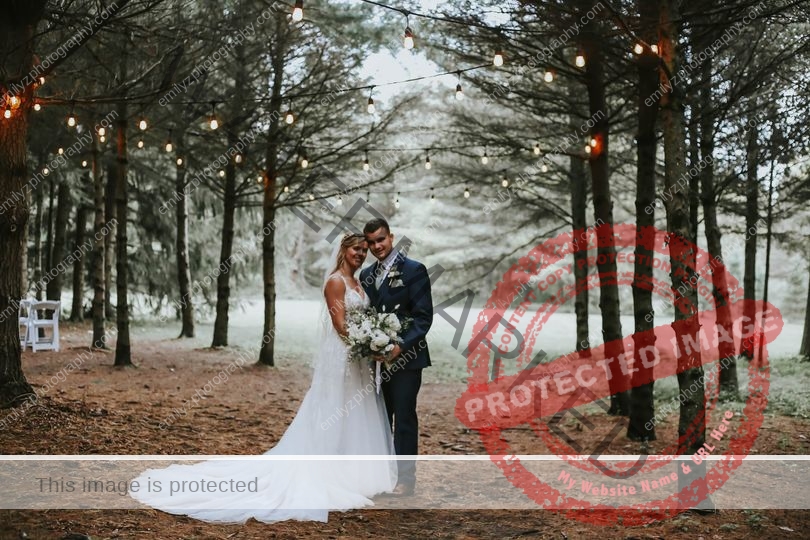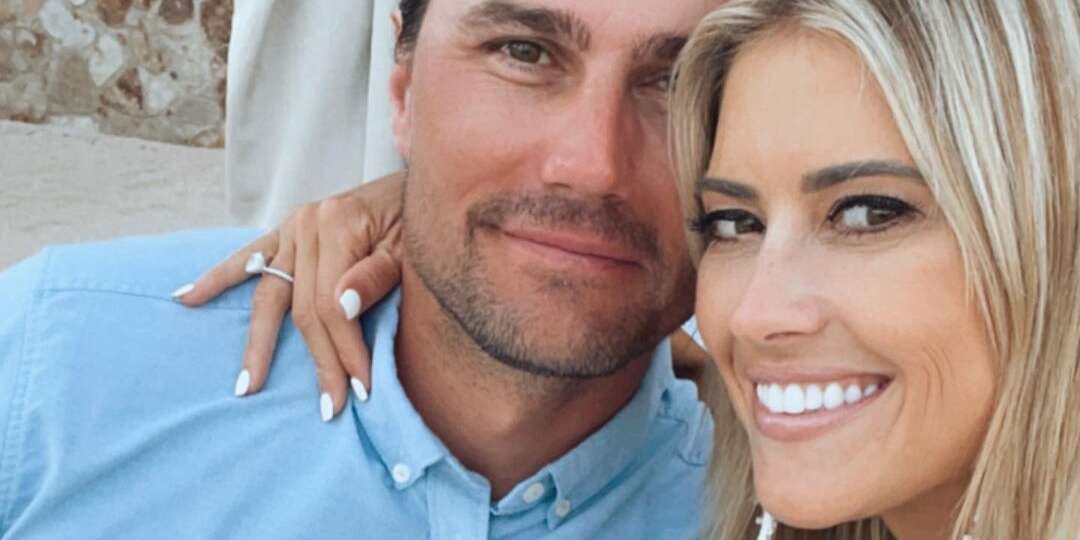
Emily Z. Photography for all your photography needs.
When Dana Watts founded Thyme & Details, a sustainable wedding planning company, she combined her education in sustainable business and her passion for planning weddings. “Throughout my events experience, I’ve seen how many opportunities there are to do better, so I want to help people do better and make more conscious decisions that have a lasting legacy,” says Watts.
Sustainability doesn’t have to be an all-or-nothing aspect of wedding planning, she notes. “I give [my clients] educational tools, … but I don’t say, ‘You can only work with sustainable options,’ ” says Watts. “Instead, I give them alternative, sustainable options to consider every step of the way.”
From venues that source food and flowers locally to strategies for diverting unnecessary waste, a sustainable wedding starts with asking the right questions to make informed choices.
If you’re not working with a planner, or if you choose vendors that don’t have a specific sustainability focus, you still have options to reduce your environmental impact. Watts suggests asking your individual vendors or potential vendors what their sustainability initiatives are; if they don’t have any, ask if they can adapt to more sustainable practices for your event.
So if you are interested in adding a touch of green to your wedding, Watts has three factors to consider that will help you hit the ground running.
Location, Location, Location
“The venue plays such a significant role,” says Watts. After all, your venue is the central location around which your wedding day revolves.
Inquiring about the venue’s purpose beyond weddings is helpful. For example, a venue that serves as a gathering place, like a community center, would be more in alignment with sustainable practices.
“There are venues, like Franklin Park Conservatory for example, that are nonprofits with impactful missions and community services that make a difference and are used every day of the week, throughout the day,” Watts notes.
Also be sure to ask about the venue’s recycling and composting options, as well as its LEED (Leadership in Energy and Environmental Design) certification, to get a better idea of its environmental impact.
Consider the Source
Selecting sustainable florals is a great opportunity to minimize the environmental impact of your ceremony and reception. Watts advises couples to become conscious of where the blooms are coming from. Blooms shipped in from enormous growers based outside the state or country have a bigger environmental impact thanks to large-scale growing practices, additional pollution created during shipping, and other factors.
“I encourage my clients to consider florists that work with local farms or places that implement sustainable initiatives that try to improve the current conditions in which the industry operates,” Watts says.
But flowers aren’t the only important sourcing question. Watts encourages couples to be investigative regarding how their food is sourced. Ask the venue manager whether products are locally and seasonally sourced, or if organic options are available.
“If there is a local caterer that is more focused on natural or organic, I prefer to recommend those options,” says Watts.
Organic farming—whether its of food or flowers—is considered to be a more sustainable alternative when it comes to food production. There is also a lesser environmental impact, as organic farms do not create pollution from fertilizer or pesticide run-off. This lack of pesticides contributes to greater biodiversity and results in healthier soil quality.
Give Back to Your Community
Reducing and diverting waste is one of the pillars of Watts’ business model.
Couples can donate leftover food to a shelter or food pantry; food not fit for human consumption can feed animals on a farm or be donated to a compost facility.
Watts encourages couples to be inquisitive and to not be afraid to push a little further when they can a “we don’t do that” response. For example, if the venue simply doesn’t have staff to transport the food, ask if an outside party can tackle the task. In fact, Watts often takes it upon herself to divert waste on behalf of her clients because it’s so beneficial to the community.
Floral arrangements, too, can be donated after the big day is done. “I offer to donate the florals on [couples’] behalf to an organization that is meaningful to them.” For example, you could brighten up a local nursing home with the fresh blooms by arranging to have them dropped off the day after your reception.
However you do it, choosing sustainable options for your wedding can help magnify the joy of your special day by giving you the knowledge that your wedding is supporting your community and the environment.
source
This post is made available by Emily Z. Photography, and may include articles written by different sources. Please follow their link to read the whole article.


